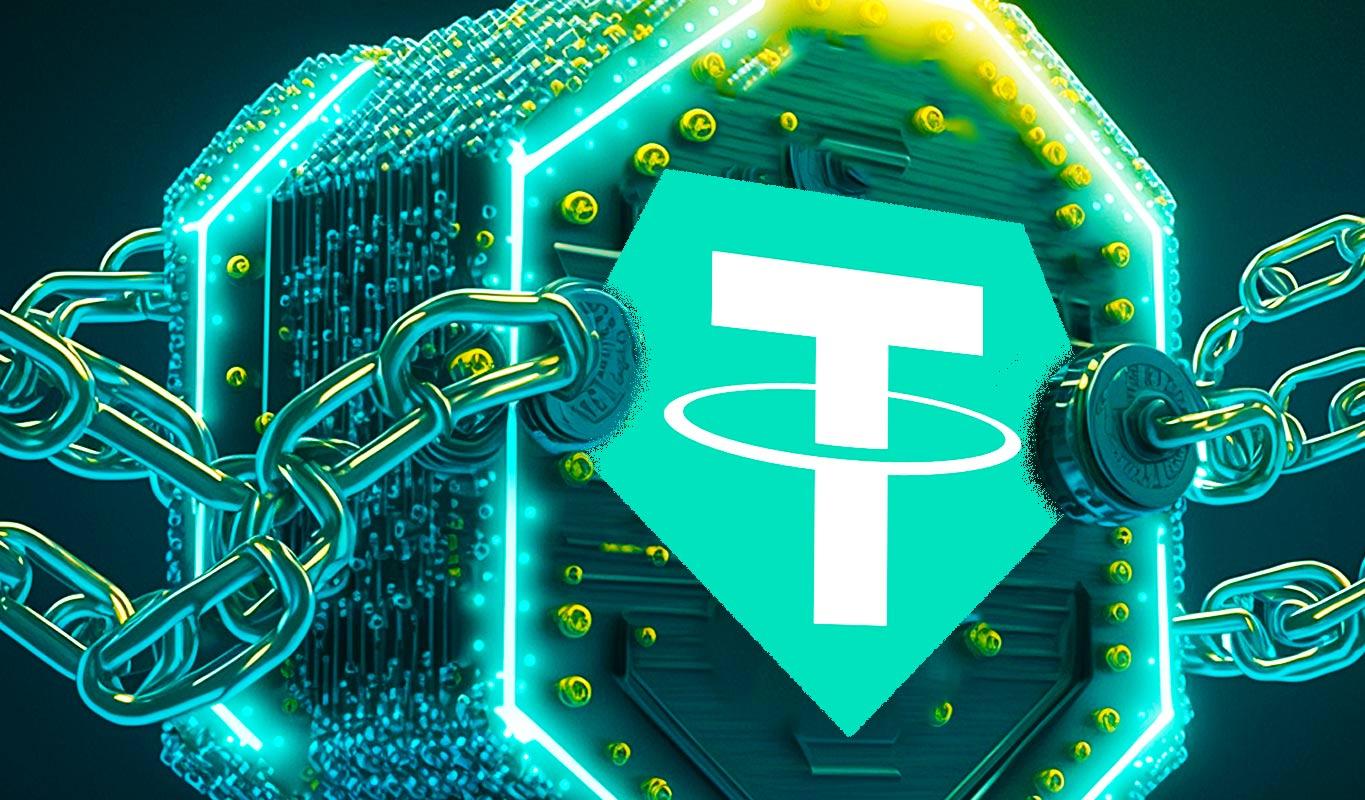
July 13, 2025 @ 3:44 pm By Omar Faridi
Tether, the issuer of the world’s largest stablecoin by market cap and global adoption, USDT, has recently announced a series of strategic initiatives that signal its commitment to advancing security, optimizing infrastructure, and promoting sustainable practices in the cryptocurrency ecosystem.
These moves reflect Tether’s proactive approach to addressing regulatory pressures, technological efficiency, and environmental concerns.
Recently, Tether announced a strategic investment in Crystal Intelligence, a leading blockchain analytics firm specializing in fraud detection, risk monitoring, and regulatory intelligence.
This partnership aims to bolster Tether’s efforts to combat illicit stablecoin activity, a growing concern as crypto-related scams in the U.S. alone reached $9.3 billion in 2024, a 66% increase from the previous year.
Tether has already frozen over $2.7 billion in USDT linked to criminal activity across 55 jurisdictions, collaborating with over 255 law enforcement agencies, including the FBI and U.S. Secret Service.
The investment in Crystal Intelligence enhances Tether’s ability to track and intercept suspicious transactions in real-time, leveraging advanced tools like artificial intelligence and machine learning.
The collaboration builds on existing initiatives, such as the Scam Alert platform, which publicly flags wallet addresses tied to phishing and other illicit activities.
Tether’s CEO, Paolo Ardoino, emphasized that this move underscores USDT’s role as the “digital dollar for the people,” sending a clear message that bad actors will face robust countermeasures.
By integrating Crystal’s analytics, Tether aims to set new standards for transparency and compliance, addressing criticisms regarding the potential misuse of its stablecoin in illicit finance.
In a strategic infrastructure review announced on July 11, 2025, Tether revealed plans to discontinue USDT support on five legacy blockchains: Omni Layer, Bitcoin Cash Simple Ledger Protocol (SLP), Algorand, Kusama, and EOS.
Effective September 1, 2025, Tether will halt redemptions and freeze remaining tokens on these networks due to significantly reduced USDT activity.
These blockchains, once pivotal to Tether’s early growth, have seen declining usage, prompting the company to redirect resources toward more active, scalable platforms that align with community trends.
This decision reflects Tether’s focus on optimizing to support high-utility blockchains driving decentralized finance (DeFi), micro-payments, and cross-border transfers.
Users holding USDT on these legacy chains are urged to redeem or migrate their tokens before the deadline to avoid losing access.
By prioritizing developer activity and community engagement, Tether aims to enhance USDT’s scalability and accessibility, reinforcing its dominance in the $255 billion stablecoin market, where it holds a 62.43% share with a $159 billion market cap.
Tether’s commitment to sustainability took center stage with its announcement of a Memorandum of Understanding (MoU) with Adecoagro S.A., a South American sustainable production company.
This collaboration explores Bitcoin mining powered by renewable energy in Brazil, aligning with Tether’s broader strategy to become a major player in Bitcoin mining by year-end.
CEO Paolo Ardoino has highlighted mining as a means to protect Tether’s significant Bitcoin reserves and support network decentralization.
By partnering with Adecoagro, Tether taps into Brazil’s renewable energy resources, such as hydropower, to create an environmentally conscious mining operation.
This initiative dovetails with Tether’s plans to open-source its Bitcoin Mining Operating System (MOS) by Q4 2025, enabling smaller miners to optimize energy use and compete with larger players.
As the crypto industry faces ESG pressures and rising energy costs, Tether’s focus on sustainability positions it as a key player in the web3 space.
Tether’s recent announcements demonstrate a multifaceted strategy to strengthen its position in the digital assets space.
By investing in Crystal Intelligence, Tether enhances blockchain security and compliance.
Phasing out legacy blockchains streamlines operations, ensuring USDT remains relevant in high-demand ecosystems.
Meanwhile, the partnership with Adecoagro underscores Tether’s commitment to sustainable initiatives.
Collectively, these initiatives reflect Tether’s vision of a secure, efficient, and environmentally responsible crypto ecosystem.